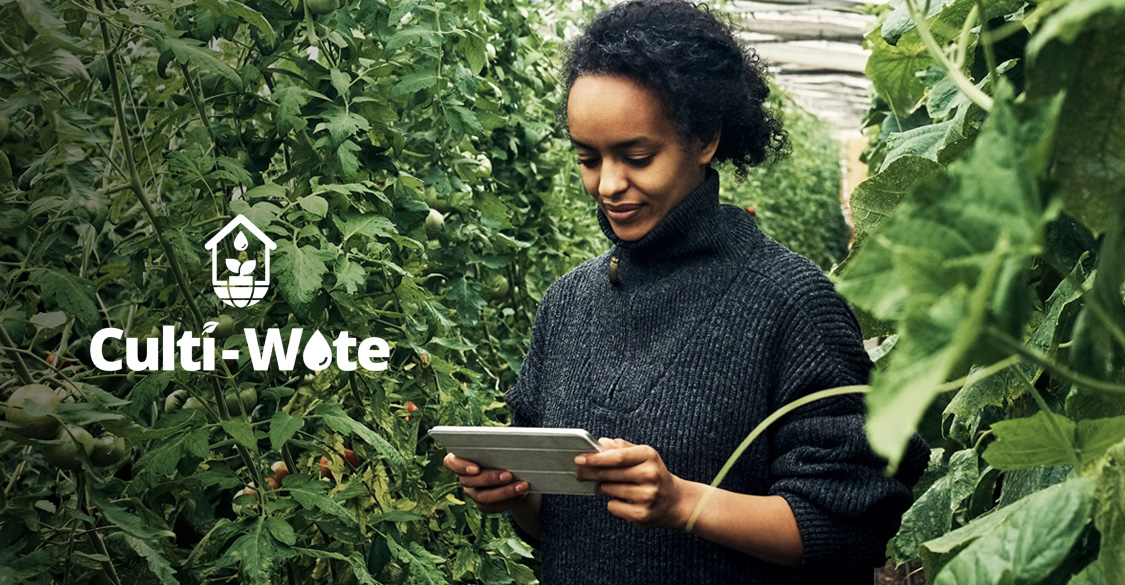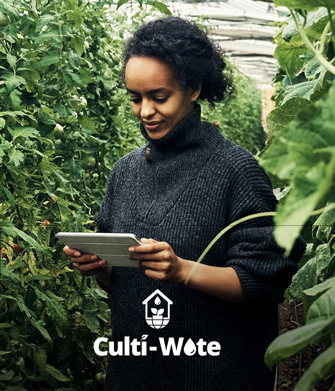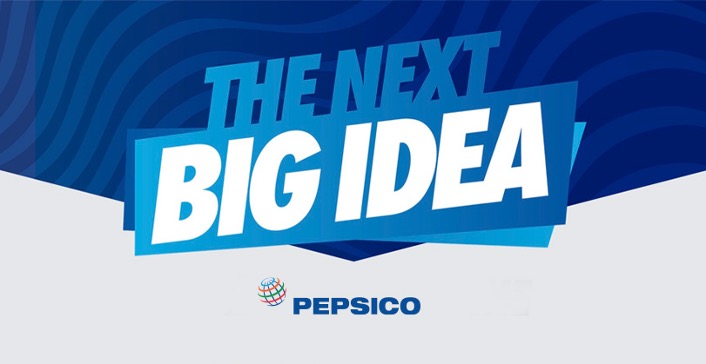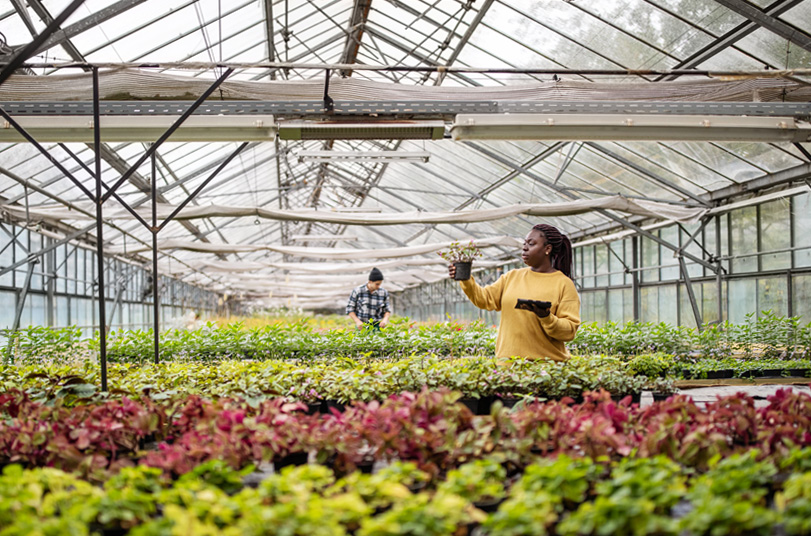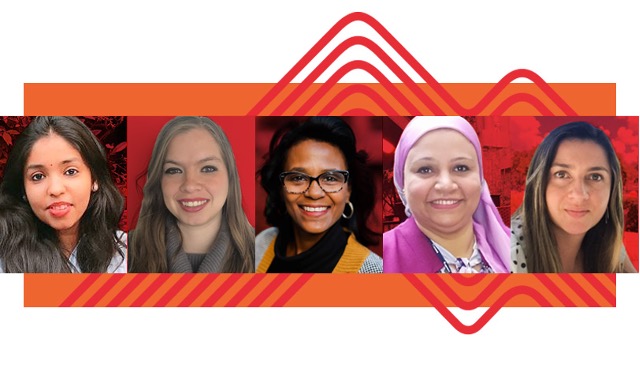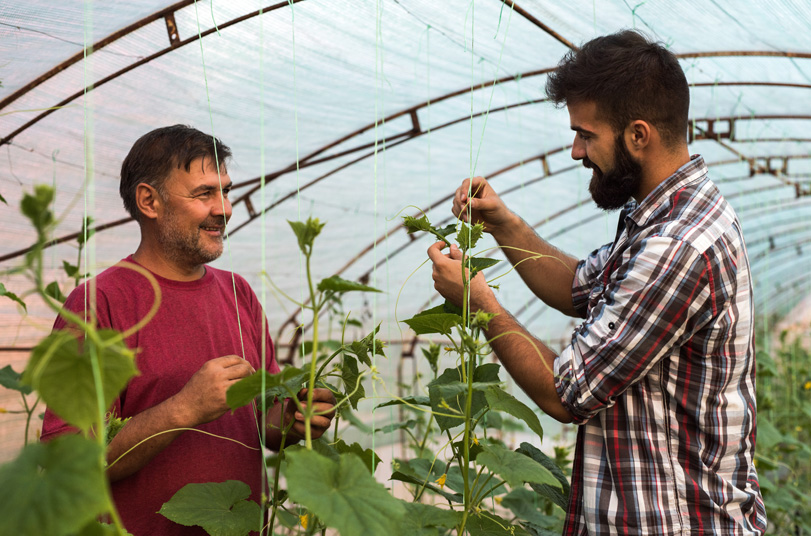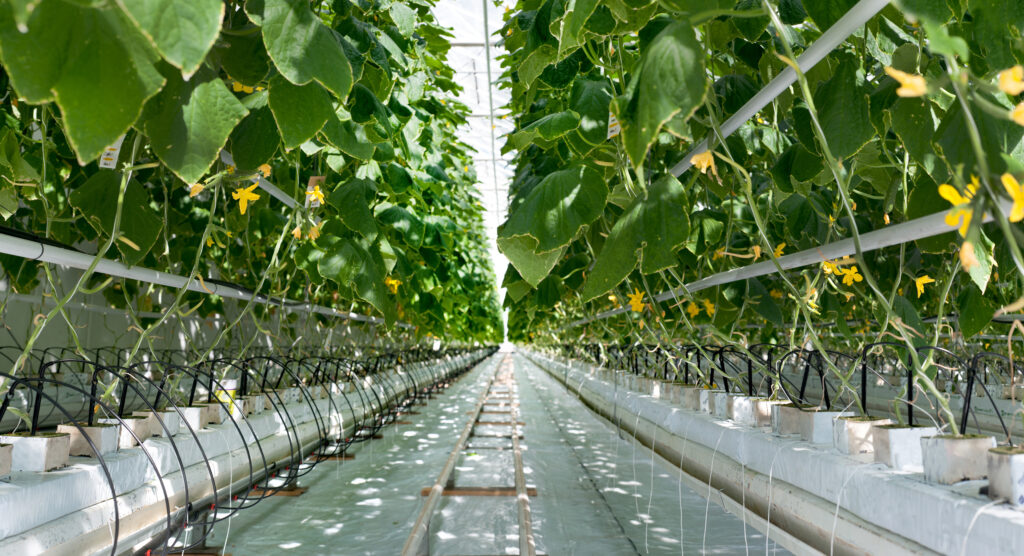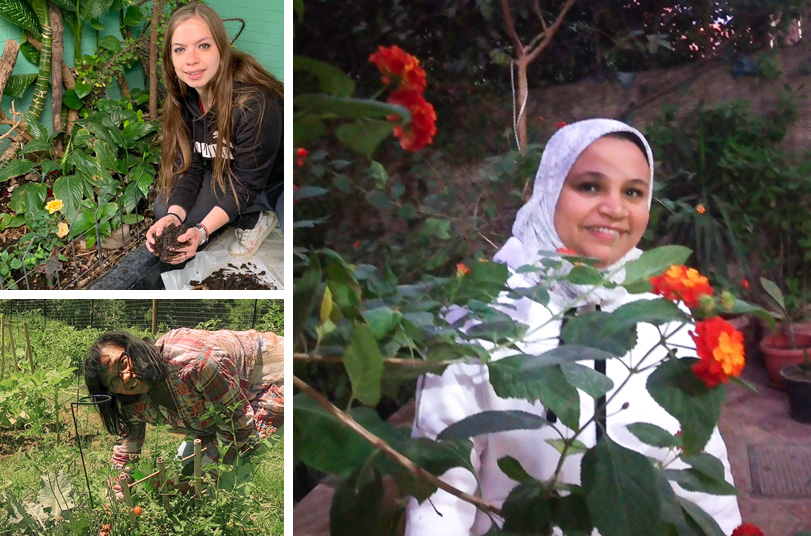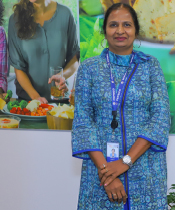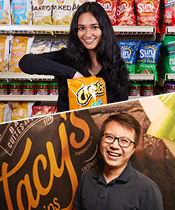Vanishree GV was several months into her new role as lead engineer and developer at PepsiCo when she heard about The Next Big Idea, an annual competition for PepsiCo employees. The competition helps to spur innovation that solves business challenges or creates entirely new products through internal collaboration.
Vanishree immediately thought back to her youth. She grew up in India, where constantly running water faucets in her community were the norm. She would knock on neighbors’ doors and ask them not to waste water, trying to create an awareness of limited resources.
Later at boarding school, she experienced times without water. “There would be no water for a couple of hours at a time. And that was inconvenient, but I started thinking about people who only have half a bucket of water for a whole day. How do they deal with that?”
Although Vanishree’s experiences helped her become aware of water scarcity, “We need not experience the crisis to feel its importance,” she says.
So she submitted a water-saving proposal to The Next Big Idea.



